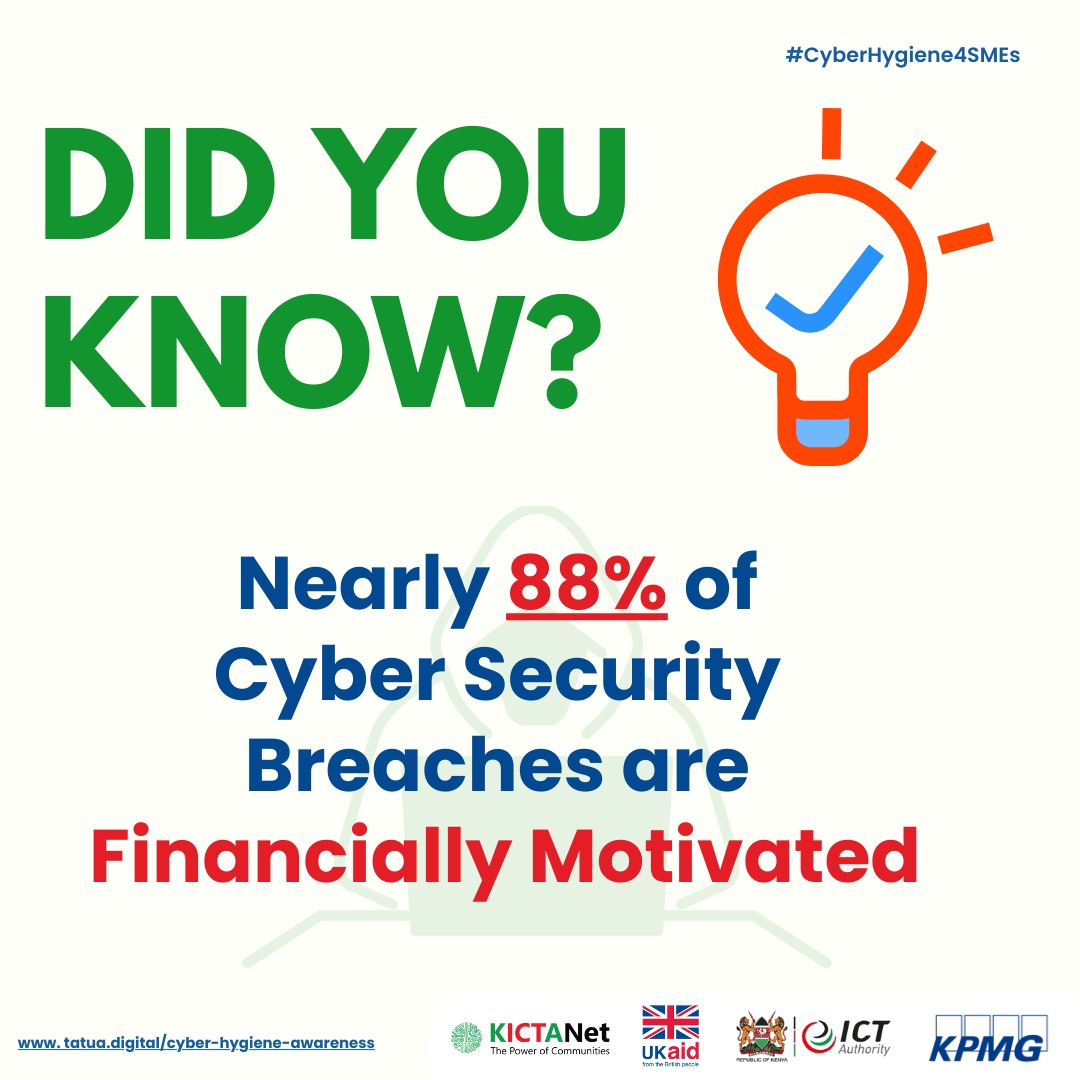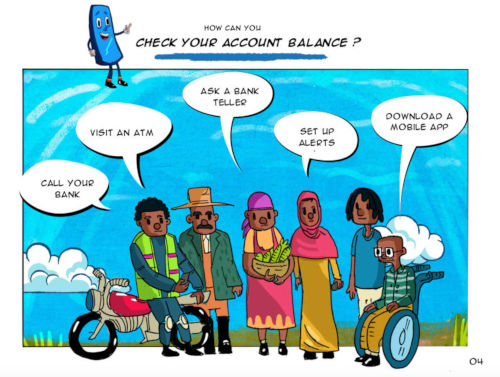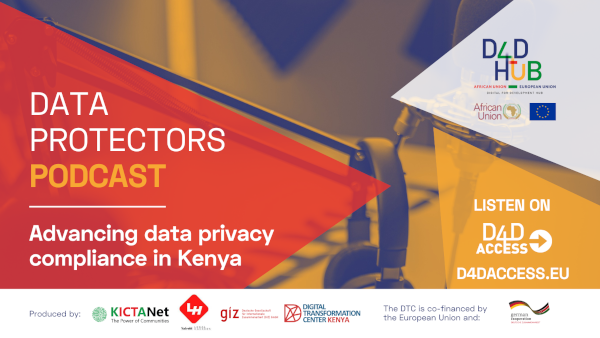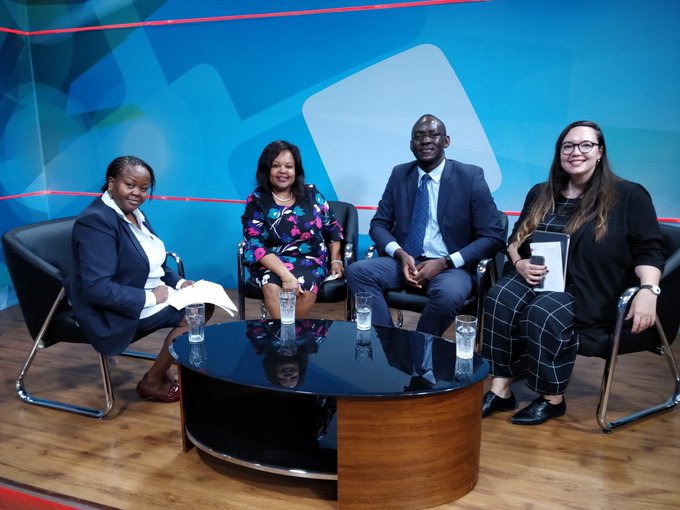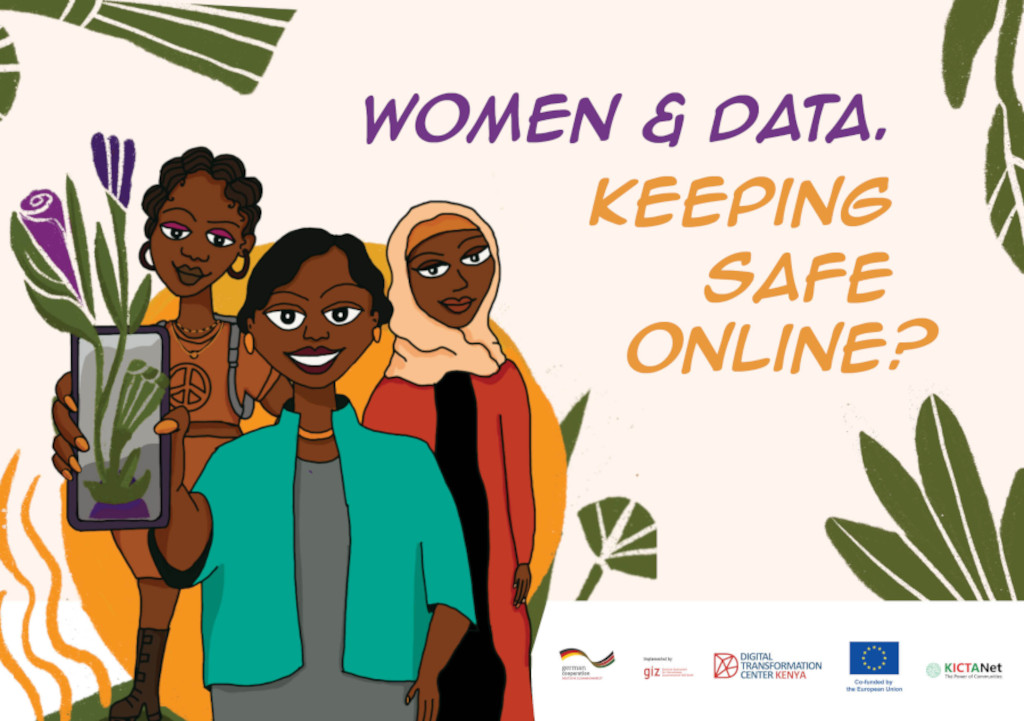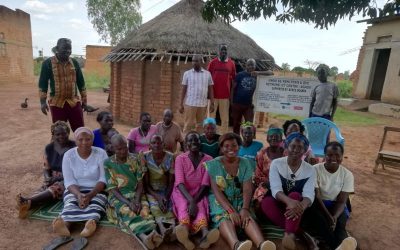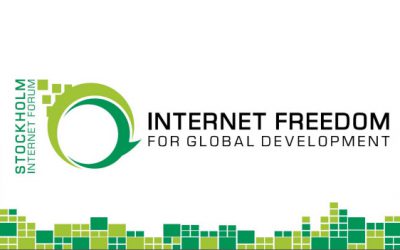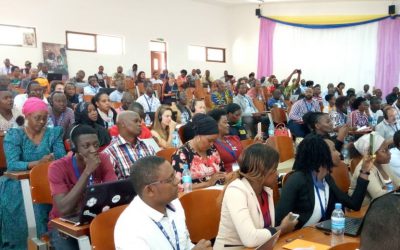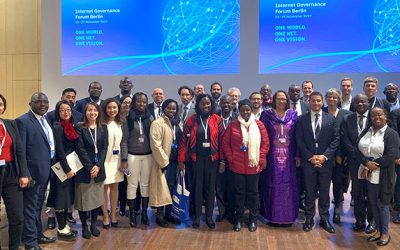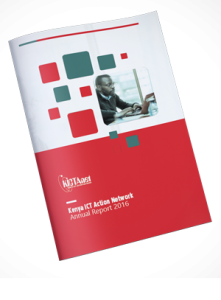KICTANET POST : Latest news, events & opportunities
Cryptocurrency scams on the rise; Our People Perish for Lack of Knowledge
By Tevin Mwenda. The fourth industrial revolution has been billed as the key to unlocking Africa’s vast potential and propelling Africa to ‘developed status’. Some of the biggest components of the Fourth Industrial Revolution are disruptive technologies such as...
Data Privacy Day 2020: 4 Good Things in Kenya’s Data Protection Act, 2019
By Francis Monyango. Today is the 28th of January. Data Protection Day or Privacy Day. The day when we all commemorate the 1981 signing of the Council of Europe's Convention 108 for the Protection of Individuals with regard to automatic processing of personal data,...
BOSCO Uganda Community Network – Ending Isolation in Northern Uganda
In November 2019, the APC-LOCNET peer members Chako and Patrick from DRC, South Africa (Gladys) and Malawi (Vigilant representing James) and I arrived in Kampala for the peer exchange travel to BOSCO Uganda, Africa’s largest community network located in Northern...
Gendering Community Networks – Stockholm Internet Forum 2019
The Swedish International Development Cooperation Agency, Sida organized the Stockholm Internet Forum (SIF) in May 2019. The event’s theme was “Shrinking Democratic Space Online–mobilizing for a free, open and secure Internet”. The Association of Progressive...
Towards Equitable and Sustainable Community-Led Networks
Access to meaningful, reliable, secure and affordable internet is no longer a luxury but a basic human right. However, there still exists a digital divide, especially in rural, marginalized and underserved areas where it’s not economically viable for traditional...
RESILIENCE IN COMMUNITY NETWORKS
Community Networks are built and operated by the community members of the Community Network play a critical role in building the community network infrastructure to be resilient and sustainable. During presentations by BOSCO-Uganda and Fantsuam-Nigeria community...
Strengthening the Community Networks Movement in Africa through Peer Learning Exchanges
As the community networks movement grows in Africa, communities continue to learn valuable lessons and gain in-depth knowledge of how we can drive digital inclusion in rural and urban underserved areas. In Africa, we are yet to see the continuous and consistent...
Beyond Access. Community Networks as a Solution to Gender-Based Digital Exclusions
Grassroots women are powerful agents of change and the backbone of our communities. They make valuable contributions to the economy and society. They are actively involved in activities such as managing community natural resources like water, food production, family...
KICTANet participates in the 14th Internet Governance Forum in Berlin, Germany
By Barrack Otieno. The Kenya ICT Action Network Participated in the 14th Internet Governance Forum in Berlin Germany. The Forum was hosted by the Government of Germany from 25 to 29 November 2019 under the overarching theme: One World. One Net One Vision. More than...
KICTANet is a multi-stakeholder Think Tank for ICT policy and regulation. The Think Tank is a catalyst for reform in the Information and Communication Technology sector. Its work is guided by four pillars of Policy Advocacy, Capacity Building, Research, and Stakeholder Engagement.
KICTANet’s mission is to promote an enabling environment in the ICT sector that is robust, open, accessible, and rights-based through multistakeholder approaches.
During the 2022 – 2024 strategic period, KICTANet has prioritised the promotion of effective multistakeholder participation; an enabling legal, policy and regulatory environment; building capacities and empowered communities; and institutional strengthening. KICTANet’s guiding philosophy encourages synergies in ICT policy-related activities and initiatives. As such, the network provides mechanisms and a framework for continuing cooperation, engagement and collaboration in ICT matters among industry, technical community, academia, media, development partners, civil society and government.
_____
Strategic Priority.
- Convening power. To strengthen and promote engagement, collaboration and relationships with relevant stakeholders (state, business and non-state actors).
- Promoting an enabling environment. To catalyse policy, legislative and regulatory reforms in the ICT sector.
- Building capacities and empowered communities. To build the capacity of the stakeholders across government, business society and civil society and the citizens.
- Institutional strengthening.
The report outlines the work undertaken in between 2007 and 2016 which is underpinned by crowd sourcing and community engagement
Click here to download the report
FACTS AND FIGURES
Achievement of the Network over the Years
Publications
Thought Leadership Forums
Persons trained
Policy Interventions
Conversations in KICTANET listserv
Active listers contributing often
Different conversation threads
Impressions on ICT policy discussions
Our Pillars
KICTANet’s organisational strategy:
Policy Advocacy
Capacity building
Research
Stakeholder engagement
We facilitate stakeholder engagement through collaborative initiatives in face-to-face Town Hall meetings, and in the KICTANet?s interactive mailing list where multiple stakeholders engage regularly on ICT policy issues.


